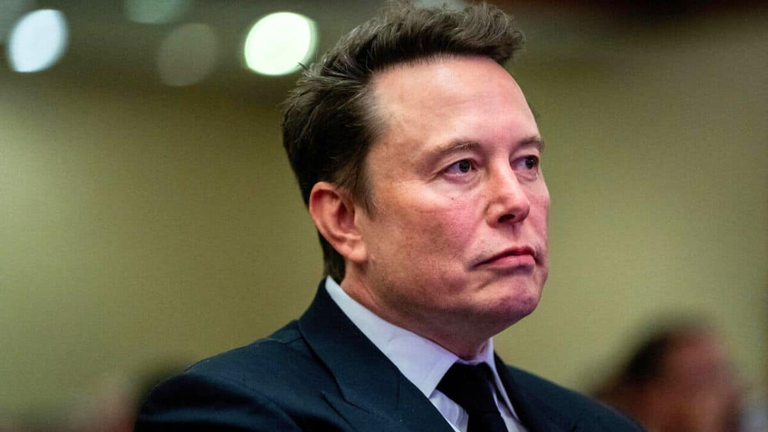Elon Musk gave Apple 72 hours to accept his $5 billion deal, but Tim Cook said no and for this decision paid the price
Elon Musk, via SpaceX, reportedly offered Apple a $5 billion deal to integrate Starlink’s satellite connectivity directly into iPhones. The proposal included 18 months of exclusivity, followed by a $1 billion annual fee, and came with a strict 72-hour deadline for Apple to accept. However, Apple CEO Tim Cook declined the offer, opting instead to collaborate with Globalstar, a smaller satellite provider that now powers the iPhone’s Emergency SOS feature.

Undeterred, Musk moved forward with Starlink’s “Direct to Cell” service in partnership with T-Mobile, enabling satellite connectivity for mobile phones, including iPhones. This put SpaceX in direct competition with Apple’s Globalstar-based solution.
Tensions escalated when SpaceX challenged Globalstar’s spectrum use, claiming the company wasn’t making full use of its licensed airwaves. SpaceX subsequently blocked Globalstar from accessing part of the spectrum—a move that could interfere with Apple’s satellite services. Meanwhile, internal concerns at Apple reportedly emerged, with executives like Craig Federighi and Johny Srouji allegedly expressing doubts over Globalstar’s aging infrastructure and the limited scope of its upgrades.
With both tech giants now staking claims in the satellite connectivity space, the clash between Musk’s Starlink and Apple’s Globalstar-backed approach is intensifying. This rivalry could shape the future of always-connected smartphones and redefine how users stay online in remote or emergency scenarios.
Disclaimer: This article is for informational purposes only and not financial advice.
Did Apple make a mistake by rejecting Musk’s $5B Starlink offer, or was partnering with Globalstar the smarter long-term play?